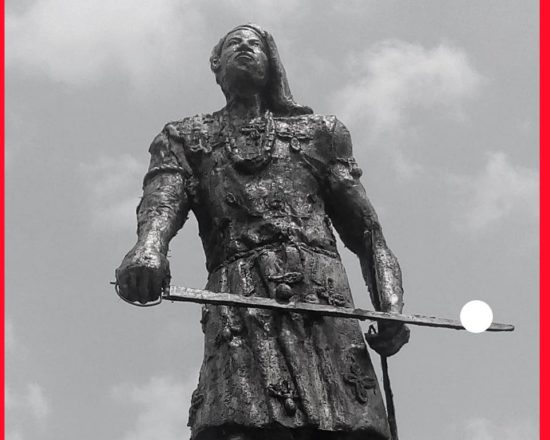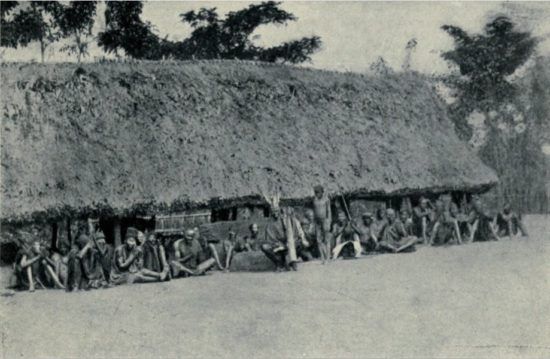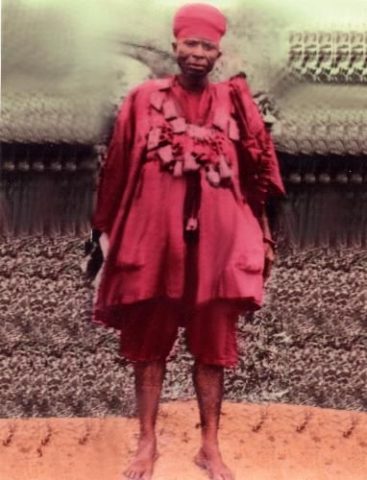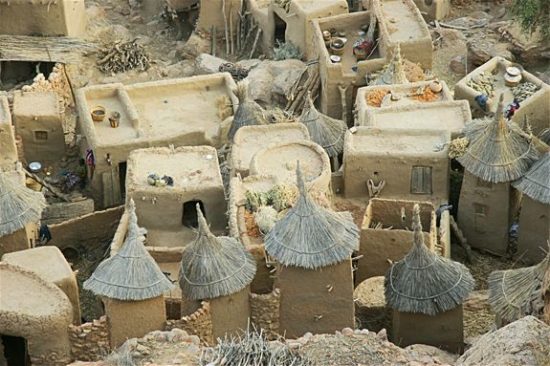Lisabi Agbongbo Akala | Egba history
The unity of Egba people is attributed to Lisabi Agbongbo-Akala; hence Egba people regard themselves as the children of Lisabi.
Lisabi was a brilliant military organizer and farmer. He united some Yoruba groups for an onslaught against the Oyo Empire between 1775 and 1780. Communities like Ijaiye, gbagura, Igbeyin were all under the Oyo Empire before they gained independence.
Apart from the decline of the Oyo Empire, the Oyomesi ( 7 hereditary kingmakers) had increased tributes they usually collected from the villages and were also engaged in kidnapping where the people are later sold into Atlantic slavery.
Lisabi founded a social group where the majority of the members were warlords.
They teamed up with the villagers to get rid of the Oyo-Ile Ilaris (Representatives) stationed in their communities to achieve independence from the Oyo Empire.
Oyo-Ile’ Ilaris stationed at these villages were all killed by the Lisabi led army simultaneously. They declared their freedom from Oyo-Ile and started calling their nation Orile-Egba with the capital as Gbagura.
They knew Oyo-Ile would launch a reprisal attack, so they had planned to keep the fight out of the villages by ambushing the now weakened Oyo Empire Army.
He set his army on all entry points. Furthermore, as expected, Alaafin launched a reprisal attack, and Lisabi led egba warriors won.
Gbagura itself had over a hundred townships and was the largest Yoruba group in the old egba forest.
Lisabi warriors were stationed at Osiele headed by Akaashi, a warlord from Gbagura, to face any external aggression from Ibadan.
The Akila of Iddo was the commander of the Egba army (Osi Egba), and Anoba was the Balogun Egba.
Lisabi Agbongbo Akala | Death
Lisabi intentionally entered the Lisabi forest and disappeared completely. Some said he killed himself while some early historians have argued that he could have survived and migrated to another land.
However, some believe that Lisabi was thrown into a pit dug by the egba people after using the social group he had created to oppress them. In contrast, some have argued that Lisabi was alive in the Lisabi forest and lived there until his death. Moreover, the internecine war in Yoruba Land continued, and Lisabi couldn’t have been around without fighting on the egba side.
Importance of Lisabi Festival
Egba-land celebrates Lisabi during the Lisabi festival, which is held annually in March.
The festival is held in remembrance of Lisabi’s bravery that fostered the peaceful co-existence of the united egba kingdom.
Just over a year ago, an 18 feet statue of Lisabi was unveiled at Adatan roundabout in honor of the warrior.











